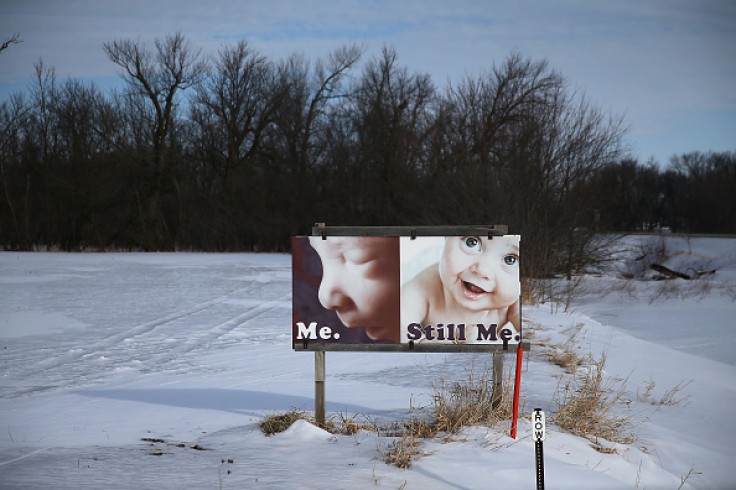
In a significant ruling, the Iowa Supreme Court has prevented a highly contentious six-week abortion ban from taking effect in the state.
According to ABC, the court's 3-3 decision ensures that abortion remains legal in Iowa, sparing women from severe restrictions on reproductive healthcare.
The 2018 legislation, signed into law by Governor Kim Reynolds, sought to prohibit abortions once cardiac activity could be detected, typically around six weeks of pregnancy. However, the law faced strong opposition and was struck down by a district court in January 2019.
According to NY Times, the district court ruled that the legislation violated the Iowa Constitution and emphasized that banning abortions at such an early stage in pregnancy served no state interest.
Iowa Supreme Court Ruling Maintains the Constitutional Right to Abortion
The district court's ruling referenced a previous 2018 decision by the Iowa Supreme Court, in which the justices affirmed that "a woman's right to decide whether to terminate a pregnancy is a fundamental right under the Iowa Constitution." Currently, Iowa law prohibits abortions after 22 weeks of pregnancy, according to the Guttmacher Institute.
The landscape shifted last year when the U.S. Supreme Court overturned Roe v. Wade, leading to a subsequent reversal of the 2018 decision by Iowa's highest court in June 2022. The new composition of the state Supreme Court, with Governor Reynolds appointing four of the seven justices, raised concerns about the potential reinstatement of the ban.
However, in the recent ruling, the court expressed reluctance to revive a previously struck-down law. Justice Thomas Waterman, writing on behalf of the court, stated, "It is legislating from the bench to take a statute that was moribund when it was enacted and has been enjoined for four years and then to put it into effect."
Had the court ruled in favor of the abortion ban, Iowa would have joined several other states that have passed similar "heartbeat bills" in the past, including Alabama, Georgia, Kentucky, Louisiana, Missouri, North Dakota, and Texas. Ohio and South Carolina have also passed six-week abortion bans but are currently facing legal challenges.
Read Also : Florida Court Rules Parentless Girl Not Mature Enough To Get Abortion, Denies Parental Consent Waiver
Abortion Rights Advocates Celebrate Iowa Supreme Court's Rejection of Six-Week Ban
Abortion rights advocates, including Planned Parenthood Advocates of Iowa, hailed the court's decision as a victory for reproductive freedom.
In a statement on Twitter, the group expressed satisfaction, saying, "The Iowa Supreme Court just preserved abortion access in Iowa by blocking a near-total abortion ban from taking effect. This is a resounding victory for Iowans and reproductive freedom. #BansOffOurBodies"
Governor Reynolds expressed disappointment with the court's decision, accusing it of failing to exercise its authority. She argued that there is no fundamental right to abortion and contended that any law restricting it should be reviewed based on a rational basis standard, a viewpoint supported by three of the justices.
Since the overturning of Roe v. Wade, abortion providers in states like Iowa have faced challenges, including worker shortages and other barriers that threaten their ability to provide care. According to data from #WeCount, a national research project led by the Society of Family Planning, the number of legal abortions in Iowa and Nebraska has significantly declined since the ruling, leading to concerns about access to reproductive healthcare.
The court's decision preserves the right to abortion in Iowa, providing a temporary reprieve for individuals seeking reproductive healthcare services and allowing continued access to a constitutionally protected choice. The ongoing debate surrounding abortion rights and restrictions is likely to persist as different perspectives vie for influence in shaping the future of reproductive healthcare policy in the state.
Related Article : North Carolina Republicans Pass Bill Restricting Abortion Access to 12 Weeks, Sparking Controversy